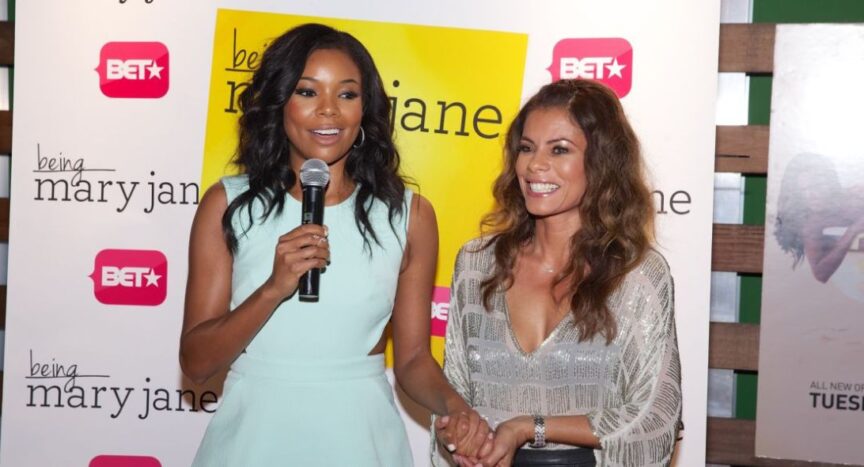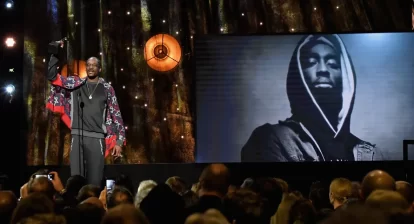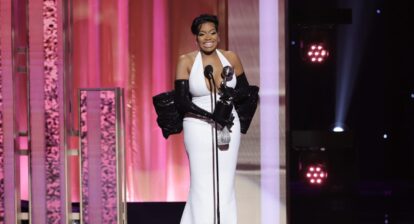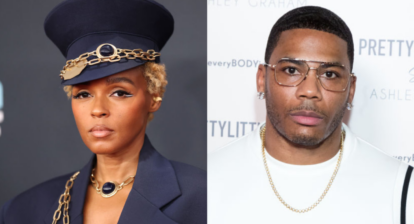These are inspiring stories of Black actresses in TV and film roles who are highlighting the impact of breast cancer on Black women’s health.
Breast cancer isn’t just another statistic—it’s a leading killer of Black women in America, hitting our community harder than most. For non-Hispanic Black women, it’s the number one cause of cancer death, making awareness and early action more crucial than ever. Black women are also more likely to die from a breast cancer diagnosis than white women.
Black actresses stepping into roles that portray health issues aren’t just acting; they’re warriors on screen, challenging the narrative, highlighting our strength, and inspiring Black women everywhere to reclaim their health. Their stories remind us that this fight is personal, and we have the power to change the story.
TV shows featuring Black actors addressing breast cancer
TV shows have featured Black actresses in roles that bring breast cancer battles to the forefront, with recent shows diving deeper into the emotional and cultural complexities of these health struggles.
“Being Mary Jane” and Gabrielle Union’s TV family challenges
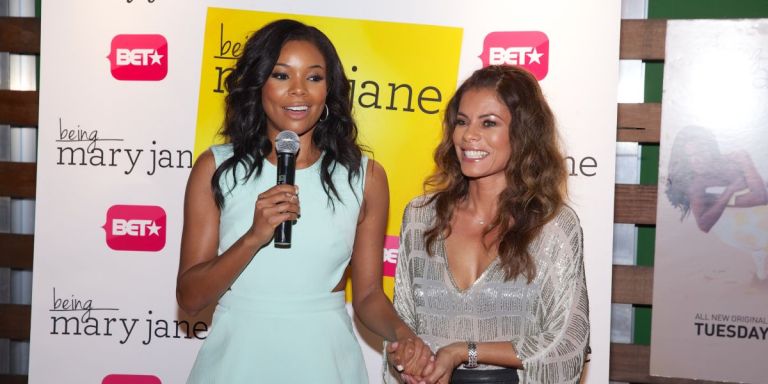
Gabrielle Union plays Mary Jane Paul in this powerful drama, where one episode dives into a terrifying breast cancer scare connected to a close friend. This moment resonates deeply with Black women—a stark reminder of vulnerability but also a testament to resilience.
Mary Jane’s fears related to health are compounded by her strained relationship with her niece, her desire to have a child, and worries about her fertility due to her age. She also grapples with her mother’s declining health, haunted by the possibility of inheriting the same fate.
While Mary Jane’s friend’s breast cancer scare ultimately turns out to be a false alarm, the storyline continues to explore the impact of the disease when her boss and friend Kara faces a real battle, undergoing surgery in the series finale.
“Real Housewives of Miami” and Guerdy Abraira’s true story
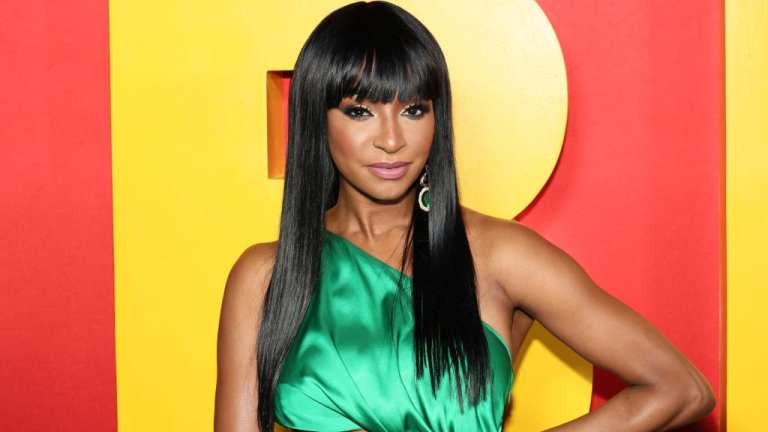
Some stories hit harder because they’re all too real. Guerdy Abraira’s fight against breast cancer on ‘Real Housewives of Miami’ shows that behind the glamour, there’s grit, courage, and an unstoppable will to survive.
“I am lucky that this breast cancer was discovered at an early stage – it is still scary of course, but I have love and support from those around me and that alone is the fuel that I need,” Abraira wrote in an Instagram post. “For those who do not get health checks regularly, I urge you to. Your life depends on it.”
“Queen Sugar” and women’s health narratives
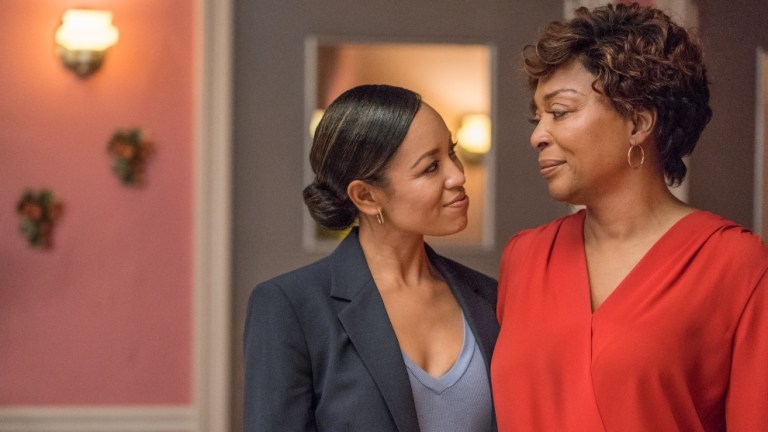
While “Queen Sugar” doesn’t have a specific breast cancer narrative, actress Tina Lifford explores numerous health-related storylines as she portrays Violet Bordelon. Violet has lupus—an important detail included by the show’s creator, Ava DuVernay, who believes it’s important to show that you can battle chronic illnesses with courage. DuVernay battled lupus herself for 27 years and is now in remission.
“What [Violet] represents—not specifically the character but the experience—represents the audacity of hope. It underscores everything that I believe and I am advocating for when it comes to that broader conversation of inner fitness,” Lifford told theGrio in a 2019 interview.
“The Family That Preys” and Alfre Woodard’s role
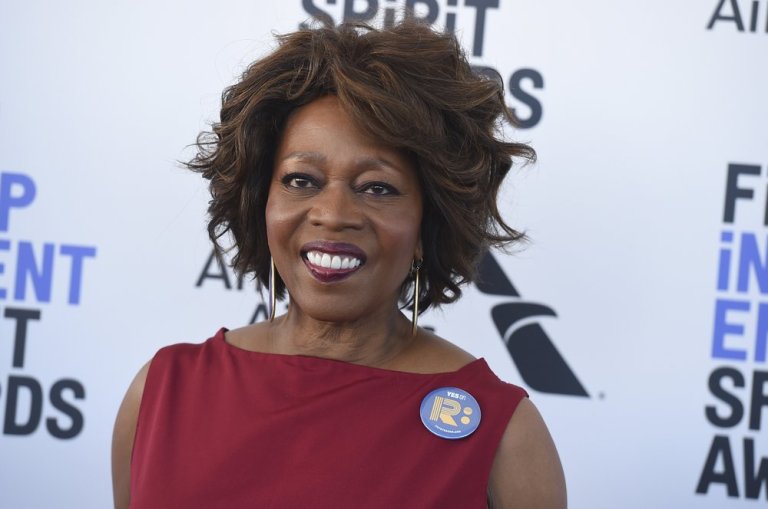
Breast cancer awareness and storylines don’t just make it onto the small screen. Several films have portrayed Black characters dealing with breast cancer scares and diagnoses, sometimes as the main plotline and often as a side plot within the story.
In this 2008 comedy-drama from Tyler Perry, Alfre Woodard shines as Alice Pratt, a resilient mother navigating the complexities of family and financial disparity. The film digs into the contrasts between two families’ lives, highlighting the challenges of class and struggle. Cancer weaves into the narrative, influencing the characters’ choices and underscoring the silent battles that shape Black women’s stories.
Another powerful film from Tyler Perry, “For Colored Girls,” explores a wide range of physical and mental health themes, specifically as they relate to the lives, families, and cultures of women of color. Loretta Devine delivers a compelling performance as Juanita, a character navigating the emotional journey of trying to navigate relationship ups and downs.
Why Black Hollywood’s breast cancer and health stories matter
Breast cancer hits close to home for many Black women, who face unique health disparities and often carry the weight of battling this disease in silence. Seeing Black women represented on screen not only validates their experiences but empowers them to fight back.
These portrayals help normalize the struggles of breast cancer and inspire others to take charge of their health, reminding us that early detection and awareness are powerful tools in the fight against this disease. By seeing our stories told, we are reminded that no woman has to fight alone—we are stronger together.
Recommended Stories
- ‘Queen Sugar’s’ Tina Lifford offers much needed advice for Black women who are determined to make wellness non-negotiable
- A double mastectomy might not increase the survival rate of breast cancer
- CNN anchor Sara Sidner to undergo double mastectomy amid breast cancer battle
- Hunger in Haiti reaches famine levels as gangs squeeze life out of the capital and beyond
- Watch your favorite horror classics with ‘HalloQueen’ Janelle Monáe, host of AMC’s ‘FearFest’
!function(){var g=window;g.googletag=g.googletag||{},g.googletag.cmd=g.googletag.cmd||[],g.googletag.cmd.push(function(){g.googletag.pubads().setTargeting(“has-featured-video”,”true”)})}();

